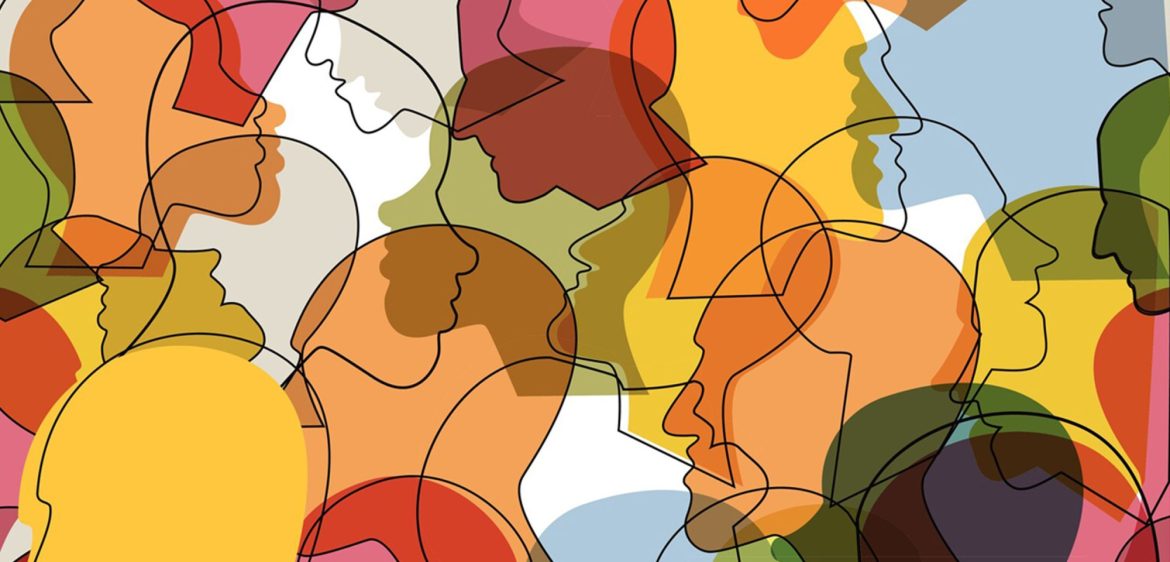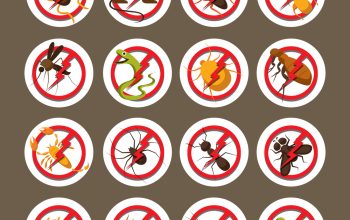In this article, we’ll discuss some ways to overcome addiction and get sober. Some of these methods include healthy eating, support groups, and 12-step recovery programs. You can choose which is right for you. If you’ve been struggling with alcoholism or drug addiction for any period of time, it’s time to get help.
Healthy diet
Besides promoting weight loss and reducing blood pressure, a healthy diet for emotional sobriety and getting clean is also good for your mental and physical health. Foods that are high in sugar and fat are addictive and can contribute to depression and anxiety. An alcoholic’s craving for sugar can make him feel anxious and irritable, as they stimulate the same brain processes that are responsible for drug addiction. Eating healthy food can help you to cope better with the withdrawal process and improve your recovery.
The first step towards a healthy diet for sobriety is to avoid processed, sugar-filled foods. Many people who are recovering from drug and alcohol abuse will revert to cravings when they consume these foods. But instead of giving in to cravings, an addict should instead switch to healthy, high-nutrient foods. These include fruits and vegetables.

Support group
A support group can be a powerful tool in your sobriety recovery. It can help you deal with your emotions and help you stay accountable. Although some people are skeptical about joining a support group, the fact is that if you have a problem, you’re not alone. Support groups exist all over the country, and your treatment provider can help you find one near you.
Support groups are helpful for individuals suffering from any type of addiction. These groups are composed of people with similar backgrounds and experiences. In addition, these groups can help people get sober.
Inpatient hospitalization
When it comes to getting sober, you may be wondering how to go about it. You can start by calling up different residential treatment facilities and asking about their program. You can also ask about the cost and insurance coverage. Once you have made a decision, you can set up a tour of the facility. It is also wise to look at their website for more information. If you choose to go inpatient, you may want to ask for a packing list and a list of rules and expectations.
Inpatient treatment centers provide round-the-clock care. They place an emphasis on medical management of detoxification and other crises. Generally, they are reserved for patients with acute substance use disorders who are not self-motivated enough or have few supportive social networks.
12-step recovery programs
Addiction recovery can be a long and difficult process, and it can be intimidating to start. Some people look for a quick fix, while others are confused by the initial steps. While it is easy to get lost on the road to recovery, knowing what to expect in advance can help you avoid common pitfalls. An addiction recovery guide will help you prepare for the challenges you will face and create an action plan to overcome them.

First of all, it is important to stay sober. There are many benefits to not drinking, and there are many programs that can help you stay clean and sober. One of these programs involves participation in 12-step meetings. Those who are a part of the program are encouraged to share their stories of addiction with other participants.
Relapses
There are many ways to overcome a relapse in sobriety. You can try talking to a sober friend or mentor about your struggles, and get advice on how to keep on track. Having someone to talk to will help you feel more confident about your recovery plan and help you make better decisions. You can also try getting involved in sober activities to keep yourself busy and distracted.
A relapse is not a one-time event, but a process that may last from weeks to months. It is characterized by a variety of behaviors that place a person at risk for relapse, such as low self-care and low social support. Other signs of relapse include thoughts and memories about substance use and missing the environment in which it was used.
Milestones in sobriety
In sobriety, celebrating milestones is important. It gives you a sense of accomplishment and helps you remember that you’ve come a long way. These events can include finding a new job or returning to school. These milestones also build self-esteem and improve your mood.
To celebrate sobriety, you can choose to celebrate milestones with family, friends, or peers from your support group. The important thing is to make sure that you do this in a safe and supportive environment. You should also make sure to avoid situations that can trigger relapses.


